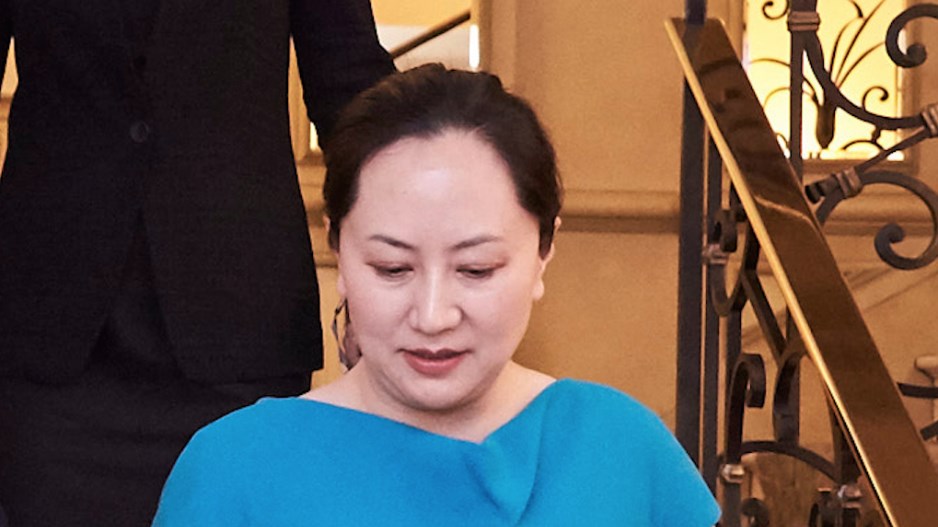The filing of documents last week from the Crown in the Meng Wanzhou extradition case indicates prosecutors want to focus at least the early part of the upcoming hearings on the issue of double criminality - a strategy that may be limited in its effectiveness, one legal observer says.
The document, filed by the Attorney General of Canada on behalf of the United States - the state requesting Meng’s extradition - argued that the “essence” of the Huawei Technologies Co. Ltd. executive’s alleged crimes is fraud and not violating U.S. sanctions on Iran.
Therefore, the Crown said, Meng’s argument (that the allegation of violating American sanctions on Iran isn’t an arrestable offence in Canada, thereby not fitting the double-criminality requirement of an extradition) is a misdirection that does not apply to the heart of the issue surrounding the Huawei CFO’s extradition process.
“Despite the applicant’s [Meng’s] assertions, this case is not about sanctions against Iran,” the Crown filing said. “The essence of the Applicant’s offence is fraud; the constituent elements of that offence can be established without reference to the American sanctions regime.”
The U.S. Department of Justice says that Meng and Huawai used the American banking system to process proceeds from doing business in Iran through Skycom, whose Iran operations were controlled by Huawei from 2007 to 2014. The allegation is one of several charges (which also include stealing of trade secrets from American telecom firms) under which the U.S. is seeking the extradition of Meng.
“The Applicant’s narrow and technical approach to the double criminality analysis focuses upon American sanctions law,” the filings concluded. “The Applicant’s argument is simply an attempt to revive an approach to double criminality in extradition that has been repeatedly rejected by Canadian and other common law courts.”
Vancouver-based immigration lawyer Richard Kurland said the filings show exactly why he doesn’t believe Meng’s defence should - and would - focus its attention on double criminality when court resumes Jan. 20. To Kurland, the issue of the three-hour gap between Meng’s flight arriving in Vancouver on Dec. 1, 2018 and her arrest - between which Canadian border officers interrogated and collected electronic devices from Meng - was much more relevant to the validity of the Crown’s extradition case.
“It is a relevant topic, but the defence will not bet the farm on that argument,” Kurland said. “That would not be wise, because double criminality doesn’t extend to everything that was in [Meng’s] suitcase. It only extends to the Iranian sanctions, and there’s a lot more in the legal proceedings than the Iranian sanctions. You have, for example, wire fraud and other frauds in the U.S. allegations… So it’s nice to say you won one argument if you win the fight on dual criminality, but you’ll lose the war.”
He added that there is also the specific nature of double criminality, an issue that has to be argued very specifically on each of the alleged crimes, the laws they infringe in the U.S., and whether they technically warrant an arrest under Canadian law. Given the complex nature of answering these questions, a more fundamental debate - on whether Meng should have been arrested and notified of her Charter rights immediately upon arrival in Vancouver, for example - may be the route that the Meng defence would place its focus.
“It’s like Occam’s razor,” Kurland said, referring the the problem-solving principle that the simplest solution to the same end result is the right one to take. “Double criminality is like Russian dolls; there are layers and layers of arguments. The question on immediate arrest is much more basic. It’s an elementary, institutional challenge point that could resolve the litigation in its entirety.”




